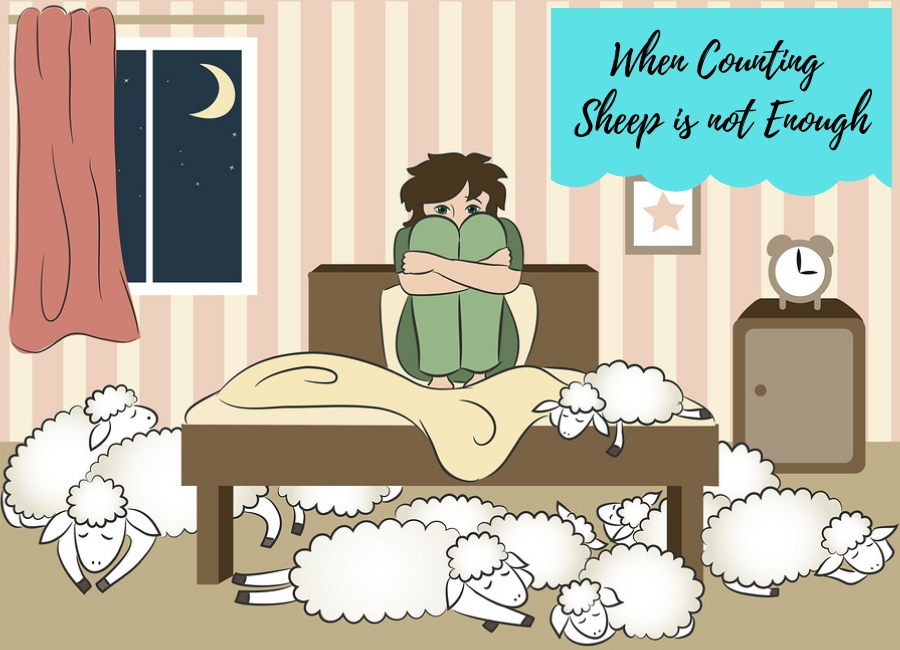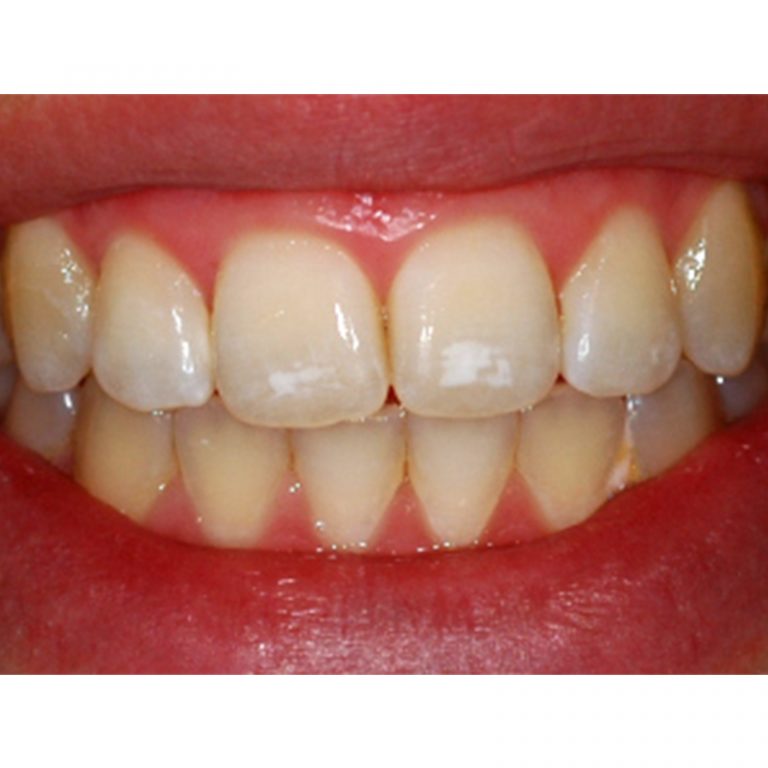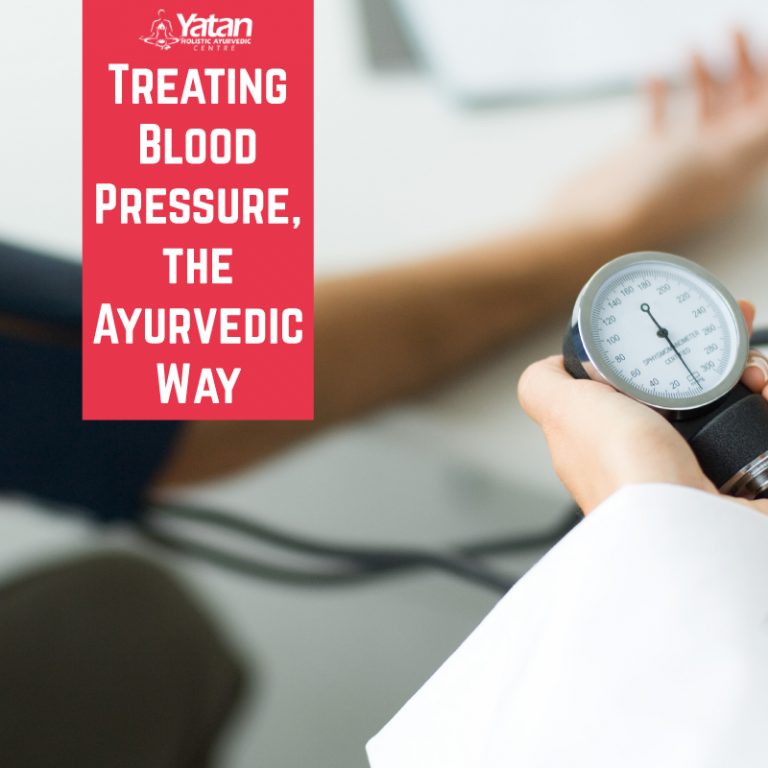Insomnia – When Just Counting Sheep Isn′t Enough

Just as we need a wholesome diet for good health and longevity, so do we require adequate, good quality sleep, yet chronic insomnia is estimated to affect as many as 15% of adults in our society. The resulting problems range from inefficiency at work, mood disorders and accidents to serious health issues, such as obesity, heart disease and diabetes.
Prescription medicines that are provided to treat insomnia are generally anti-depressant drugs, while over-the-counter sleeping pills will usually contain one or other hypnotic drug. Over-dependence and addiction often follow, as well as a wide variety of serious side-effects, and these medications do nothing to address the underlying causes of insomnia.
Ayurveda recognises several causes. The most important of these is irregular routine. Our bodies have a natural cycle which relates to the rhythms of nature. The sleep rhythm is controlled by hormones that are released according to the time of day – by the sun and the moon. Normally, by 10pm, melatonin, the sleep hormone, will be secreted by the pineal gland, as it is triggered by darkness, and we will feel ready for sleep. The morning light is the trigger for a reduction in melatonin and we feel awake.
An unnatural lifestyle can, however, easily break down this cycle. Irregular eating times, and skipping meals even when the body is calling for food, both inhibit the production of hormones. Too much or too little food can both cause problems: the evening meal should typically be light and warm. Examples of good foods to promote sleep are lentil soup, white rice and mango. Carbohydrates are preferable to foods with a high protein content, and spicy items should be avoided.
Blue wavelength light coming from the screens of electronic devices such as mobile phones, ipads, computer monitors and TVs can inhibit the production of melotonin, because the excess light disrupts the day/night cycle of the body. Stopping use of electronic devices at least 1-2 hours before sleeping, and using a blue light filtering program or setting on your device from 6pm on the evening will help with reducing the disruption of melatonin production, hence improve the likelihood of you falling and staying asleep all night.
Another reason that so many people are ill-prepared for sleep is that their minds are too active just before they retire to bed. Any activity that serves to elevate the adrenalin levels, such as stimulating films or video games, or animated discussions and arguments makes it more difficult to relax. Anxiety created by domestic or work problems will have a similar effect. It is important to establish a feeling of calm, perhaps by listening to gentle music or reading inspiring material, though reading in the last half hour is not recommended at all. This is a good time to wash the hands and feet – some people prefer a shower – using warm water in winter, cool in summer. Finally it can be found helpful to use some form of auto-suggestion or visualization technique to prepare the mind for sleep. A simple example would be to count slowly from 1 to 100, then back again.
Adequate sleep of a high quality is a prerequisite for rejuvenating the mind, the body and the soul. Artificial management cannot hope to achieve this; the only effective way is to keep the rhythms of our bodies in tune with those of nature.

*Discover holistic healing with a complimentary phone or video consultation from our expert Ayurvedic practitioner. Start your path to better health today!*























